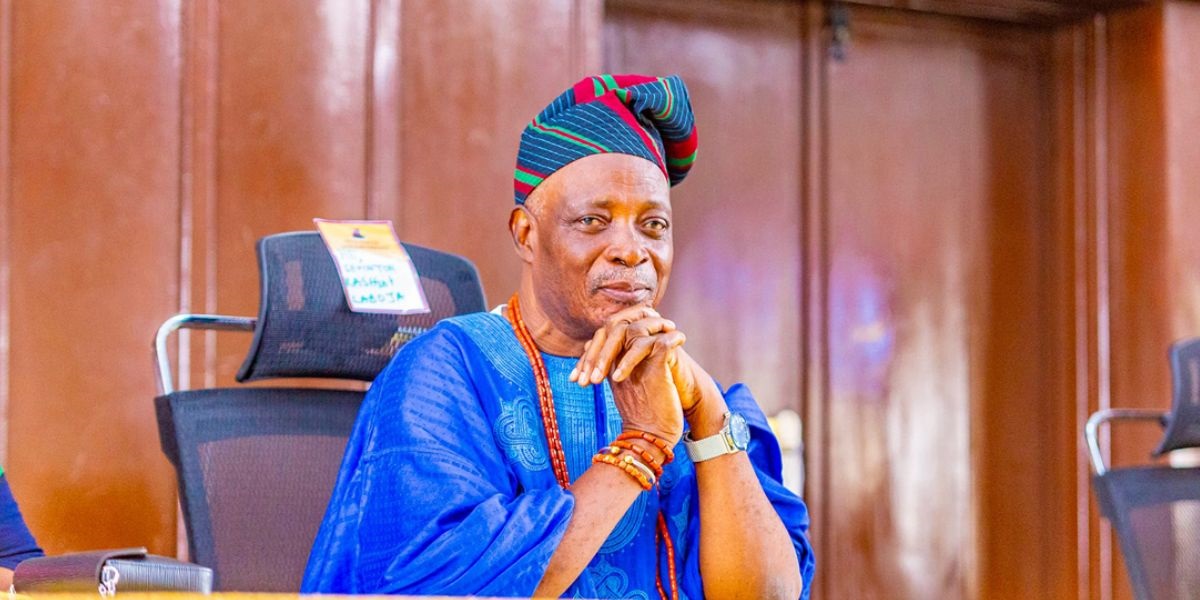By: Rotimi Agboluaje, Ibadan
Human rights activist and labour lawyer, Femi Aborisade, has called on Nigerian workers to take to peaceful protests and legal action over the non-payment of the new national minimum wage by several state governments.
Aborisade, based in Ibadan, made the call in a statement titled “Strike and Litigate to Enforce Payment of National Minimum Wage”, which was made available to The Guardian* on Wednesday in Oyo State.
He said the National Minimum Wage Act, 2019, was amended in 2024 to introduce Sections 3(1) and 3(4), which stipulate a national minimum wage of not less than ₦70,000 monthly for establishments with at least 25 employees. The law also mandates a wage review every three years.
He explained that the amendment was the outcome of a tripartite collective bargaining process involving the federal and state governments, private sector employers, and organised labour.
“By virtue of Section 254C(1)(j)(i) of the 1999 Constitution (as amended), collective agreements are binding and enforceable by the National Industrial Court,” Aborisade noted. “Indeed, the ₦70,000 minimum wage became law after the President assented to it on 29 July 2024.”
Quoting the National President of the National Union of Local Government Employees (NULGE), he said about 20 states have yet to comply with the law, failing to pay the new wage to teachers and local government workers.
“This raises the fundamental question of enforcement,” he added. “Workers must explore both street-level action and judicial avenues.”
READ ALSO:AAU workers lament continued payment of N18,000 as minimum wage
He urged organised labour to mobilise peacefully and challenge the defaulting states in court, stressing that the National Industrial Court has shown its willingness to uphold labour rights.
Quoting the President of the National Industrial Court of Nigeria, Hon. Justice B. B. Kanyip, PhD, OFR, from a lecture during the court’s 2020/2021 legal year, Aborisade recalled: *“We have never ceased to stress that an employer cannot treat an employee shabbily and expect a pat on the back from this court.”*
“To ensure enforcement of the national minimum wage, the path forward is struggle—both in the streets and in court,” he concluded.






